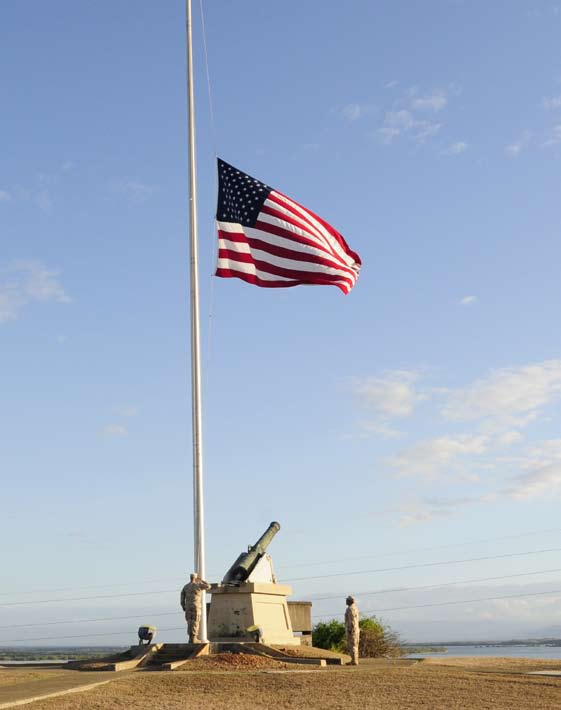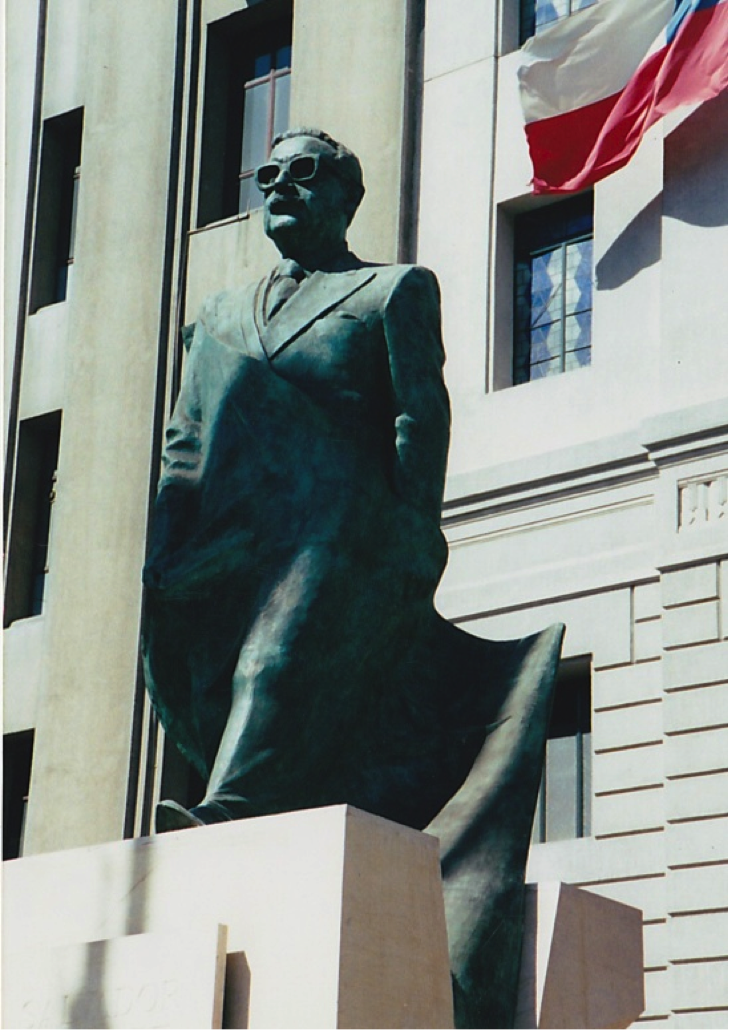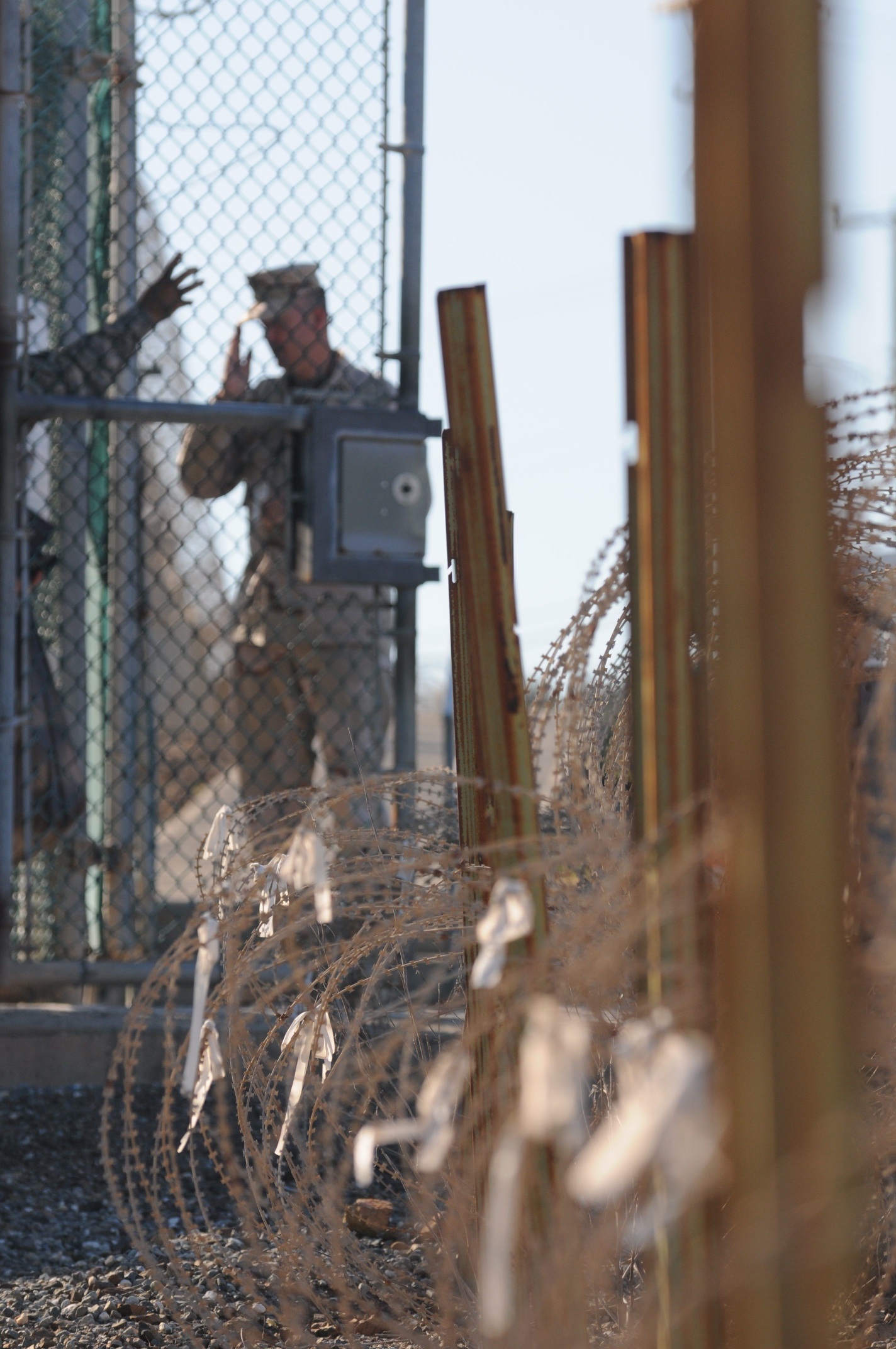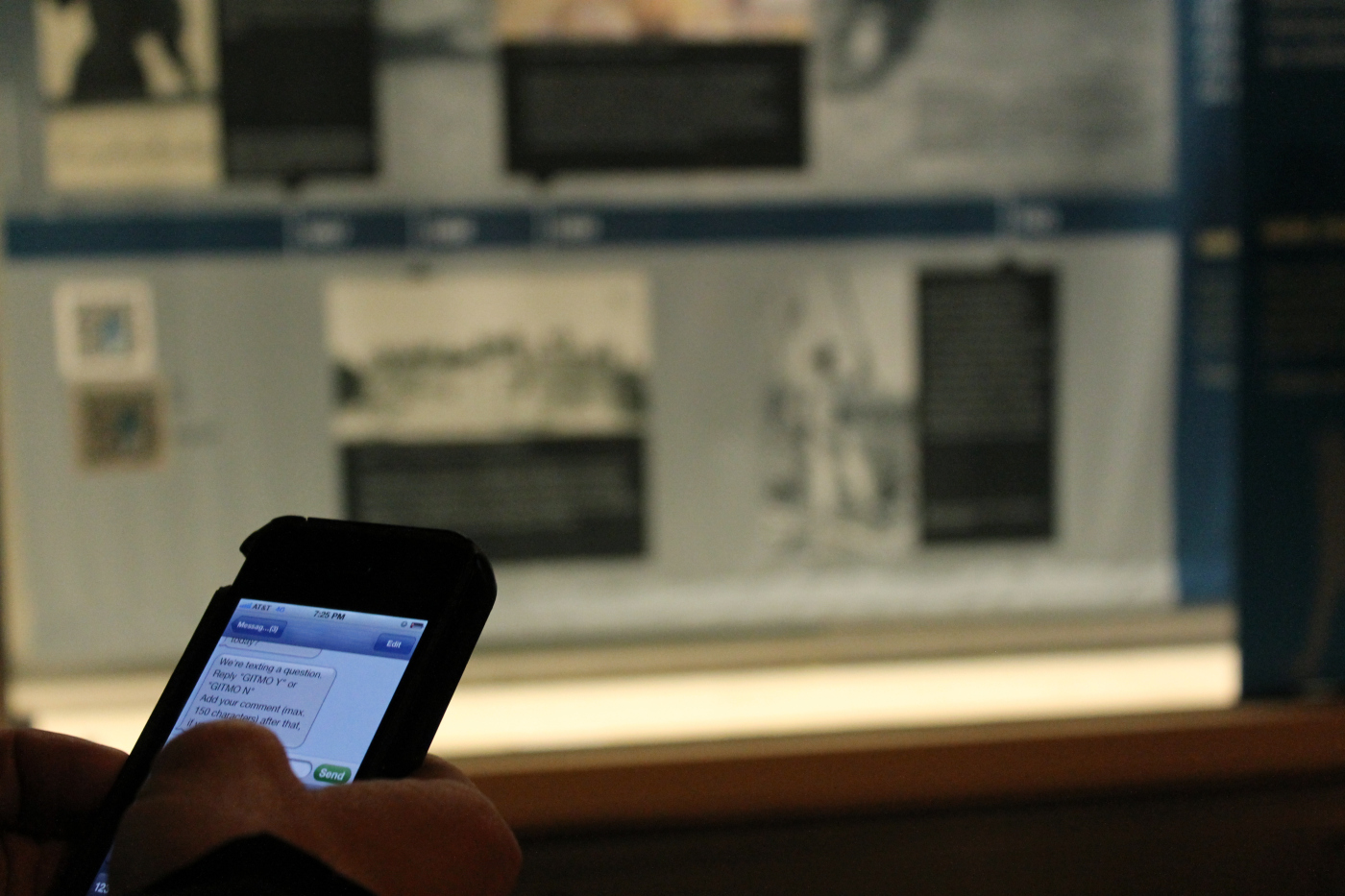The Guantánamo Public Memory Project is using innovative technologies to foster dialogue about Guantánamo and the issues the site has come to represent. Visitors to the traveling exhibit are invited to interact with the exhibition by accessing mobile versions of the presentation on their smartphones and sharing their responses via text message. Visitors may listen…
Read moreGuantánamo Public Memory Project
Category: National Dialogue and Traveling Exhibit
Curating Guantánamo: Public History and Public Awareness
National Dialogue and Traveling Exhibit

“Guantánamo” has become an international symbol of the United States’ War on Terror and a lightning rod for debates about torture, detention, national security, and human rights. But the US naval station at Guantánamo Bay – also known by its military acronym “GTMO” or its nickname, “Gitmo” – was part of American politics and policy…
Read moreChallenging Myth in Representations of American History
National Dialogue and Traveling Exhibit

In museum representations of contested periods of US history, narratives are often based on rigid notions of who constitutes the victim and the perpetrator. Examples include West As America’s revisionist interpretations of frontier art which implicated artists in the violence of westward expansion; Enola Gay’s highly critical depiction of the US and the atom bomb in…
Read moreU.S. as Empire
National Dialogue and Traveling Exhibit
The United States as empire. The phrase seems unsettling or inappropriate. Throughout a K-12 education, one comes to understand the US as leader of the free world, bastion of liberty, promoter of democracy and defender of the downtrodden. Indeed, lobbying for Cuban inclusion in the peace treaty of their own independence, Cuban General García invoked…
Read moreGuantánamo Is Mostly Not Exceptional
National Dialogue and Traveling Exhibit
Guantánamo is not exceptional. There has been enough scholarship-activism – enough debunking of myths and re-writing of histories – to make that abundantly clear. The history of the site is a history not of extraordinary, singular happenings, but of careful strategies. ‘Guantánamo’ could have been in Cuba or Haiti. Within Cuba it was selected from…
Read morePerspectives on Guantánamo
National Dialogue and Traveling Exhibit
Before I was introduced to this project, I knew very little about the historical circumstances surrounding the U.S. Naval Base at Guantánamo Bay (GTMO). I was aware of its location in Cuba and connection to the war in Afghanistan and Iraq, but understood next to nothing about the site’s legacy of political and military intermittence. This perspective,…
Read moreImperialism in American History
National Dialogue and Traveling Exhibit
It is hard to deny that the United States of America is an imperial power. This is clearly seen in the United States’ ongoing actions in Cuba starting in the Spanish American War or the existence of any of our territories. However, being an imperial power does not mesh as well with the American story.…
Read moreThe Irrelevance of Guilt
National Dialogue and Traveling Exhibit

A year before 9/11 meant anything in the United States, I found myself cornered at a dinner party in Santiago, Chile, trapped into a conversation with a middle-aged man, a friend-of-a-friend of a second cousin of my host parents. He was trying to teach me about Pinochet and human rights, and I will never forget…
Read moreThe legal framework of marginalizing
National Dialogue and Traveling Exhibit
“The law operates through practices and principles that purport to be objective, impersonal, and neutral, but are, in fact mired in hidden subjectivities and unexamined claims which often serve to denigrate the experiences of marginalized subjects and populations, experiences that contradict or challenge these unquestioned assumptions.” A. Naomi Paik, “Testifying to Rightlessness: Haitian Refugees Speaking…
Read moreOvercoming the Silence Surrounding Guantánamo
National Dialogue and Traveling Exhibit

On November 13, 2001 President Bush issued a military order that would forever change the socio-political landscape of Guantánamo Bay and determine the fate of detainees throughout and beyond the War on Terror. Titled “Detention, Treatment and Trail of Certain Non-Citizens in the War Against Terrorism,” this act disregarded the role of international and domestic…
Read moreCreative: Picture Projects & Tronvig Group

